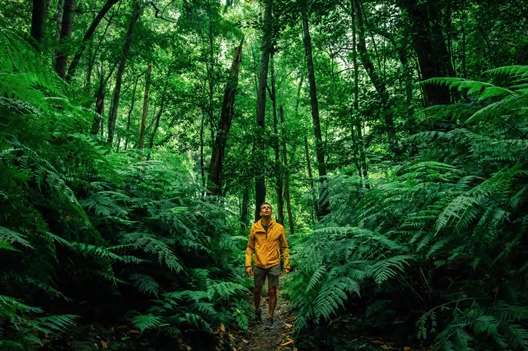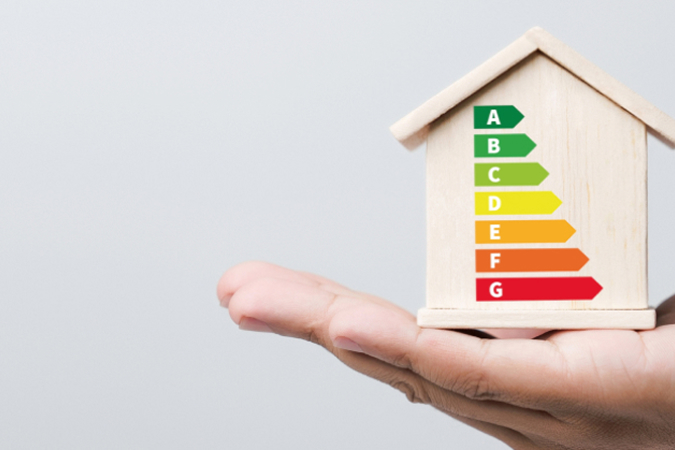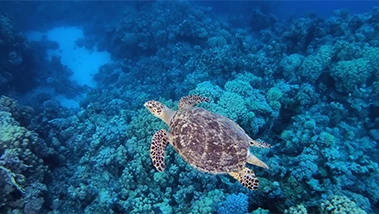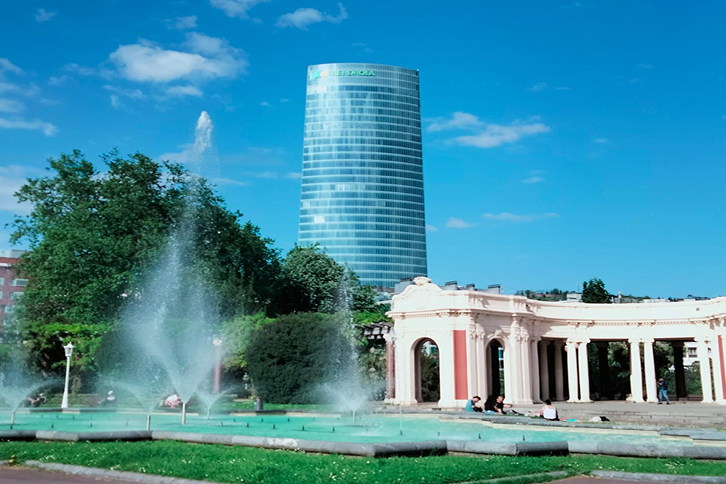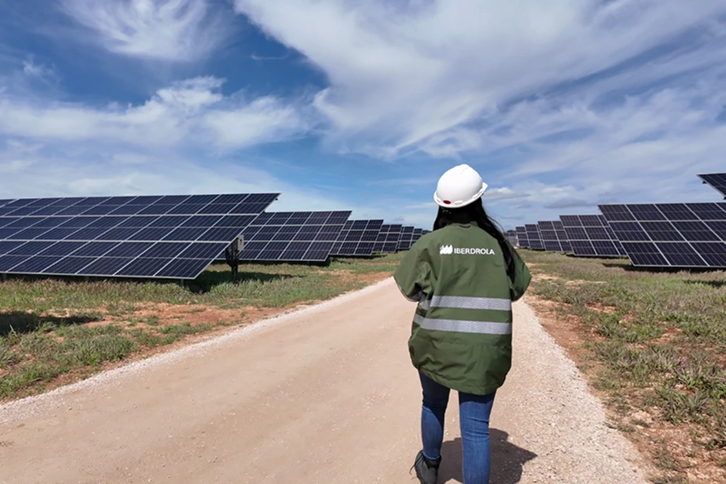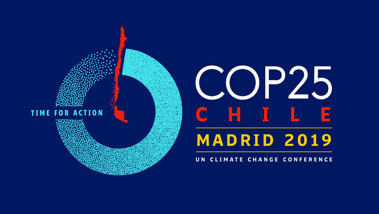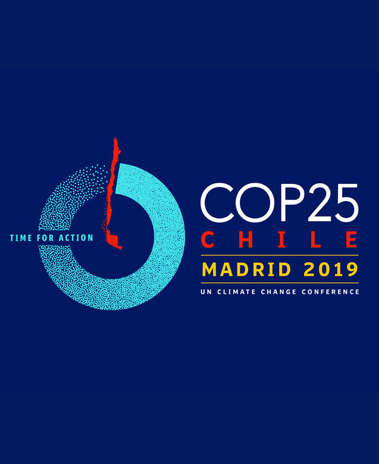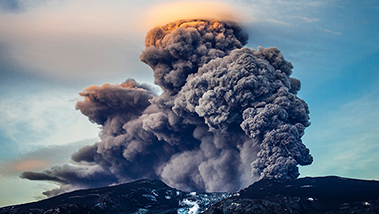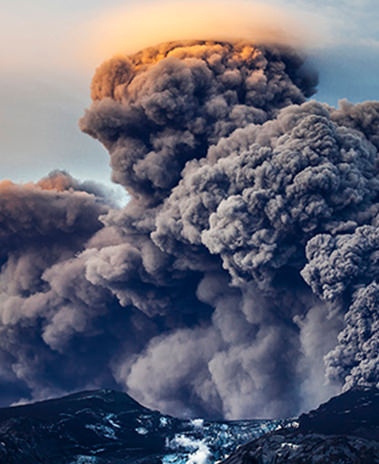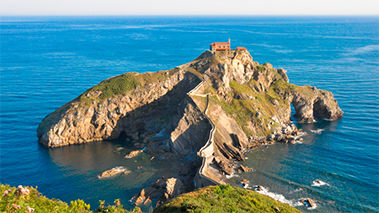-
El abusivo e insostenible uso de los recursos naturales no solo daña la salud del planeta, sino que The abusive and unsustainable use of natural resources not only harms the health of the planet, it also wipes out entire species so that they disappear for ever. The frenetic loss of biodiversity means that a million plants and animals are currently under threat. Others had even worse luck. Below we list some of the extinct species that we can only reminisce about today.
The Madrid Climate Summit (COP25) ended on Sunday 15 December — instead of Friday 13 as scheduled, making it the longest of all the COPs — with lacklustre results as far as the negotiations were concerned, despite having had a substantial impact in terms of mobilising civil society as a whole.
-
"The coral reefs are being boiled alive". This statement from Gabriel Grimsditch, a member of the marine ecosystems division of the United Nations Environment Programme (UNEP) has set alarm bells ringing. Indeed, the outlook for coral is not very encouraging: scientists reckon that almost 90 % of these super ecosystems could be wiped out by 2050.
Volcanoes have darkened the skies of the whole planet, killing 82,000 people and burying cities and entire civilisations. Despite scientific progress, volcanoes are still unpredictable and in recent years eruptions have become more recurrent. In 2021 alone, volcanoes such as Etna in Italy, Fagradalsfjall in Iceland, La Soufrière in the Caribbean and Cumbre Vieja on the Canary Island of La Palma have been active.
-
The COVID-19 pandemic has infected millions of people and claimed thousands of lives, on top of sending most of the world's population into lockdown. However, it has also considerably lowered daily CO2 emissions levels — by 17 % according to a report by the publication Nature Climate Change —. The question on many minds now is whether the promises made to combat climate change will be kept once the crisis is over, and the answer appears to be yes.
Are you thinking about your holidays? Eco-friendly tourism is starting to become a popular choice. This form of tourism is respectful with biodiversity, the environment and committed to the development of autochthonous populations.
-
Over the course of successive Conferences of the Parties — known as COP — new elements have been introduced into the international structure of the negotiations on climate change. These elements allow for specific challenges to be tackled such as mitigation financing, adaptation to climate change, and the technological transfer.
-
Facebook Climate negotiations: more than three decades of searching for consensus on the fight against climate change
-
Twitter Climate negotiations: more than three decades of searching for consensus on the fight against climate change
-
Linkedin Climate negotiations: more than three decades of searching for consensus on the fight against climate change
-
Whatsapp
Are you sure you know how to take care the environment? Many of us think we lead a nature-friendly life, but our consumption habits give us away. Many little habits that seem to sustainable actually polute. Here are five of the most harmful habits for the health of our planet.
-







